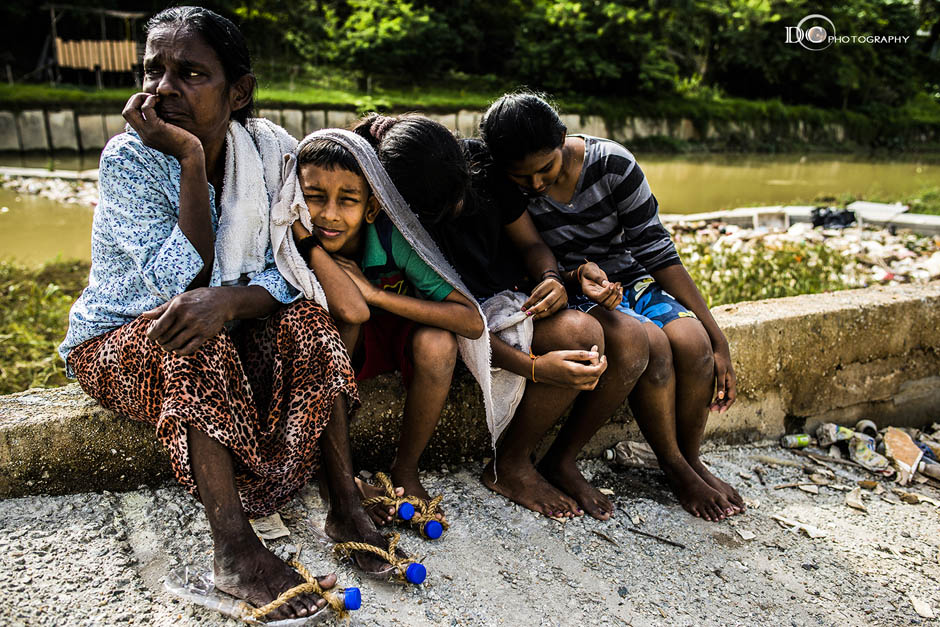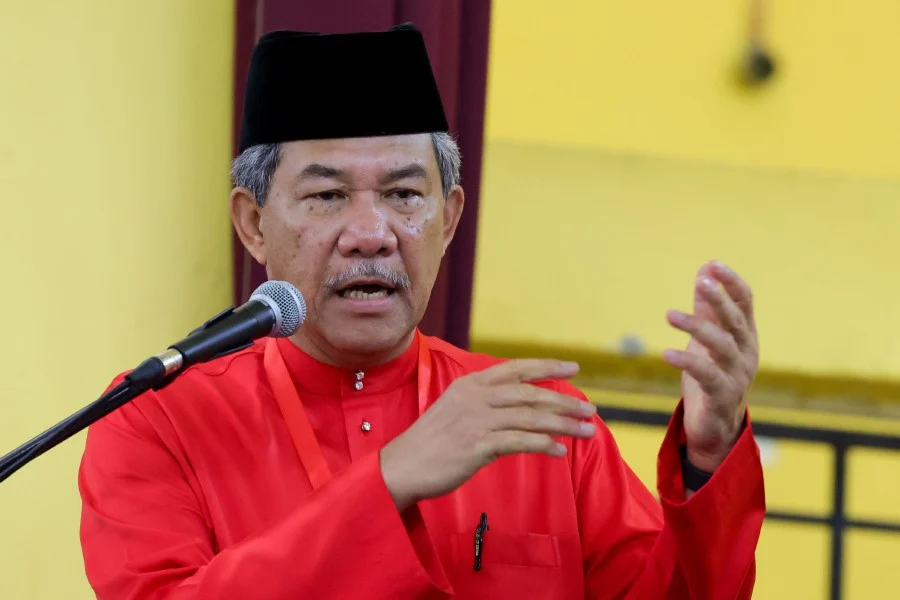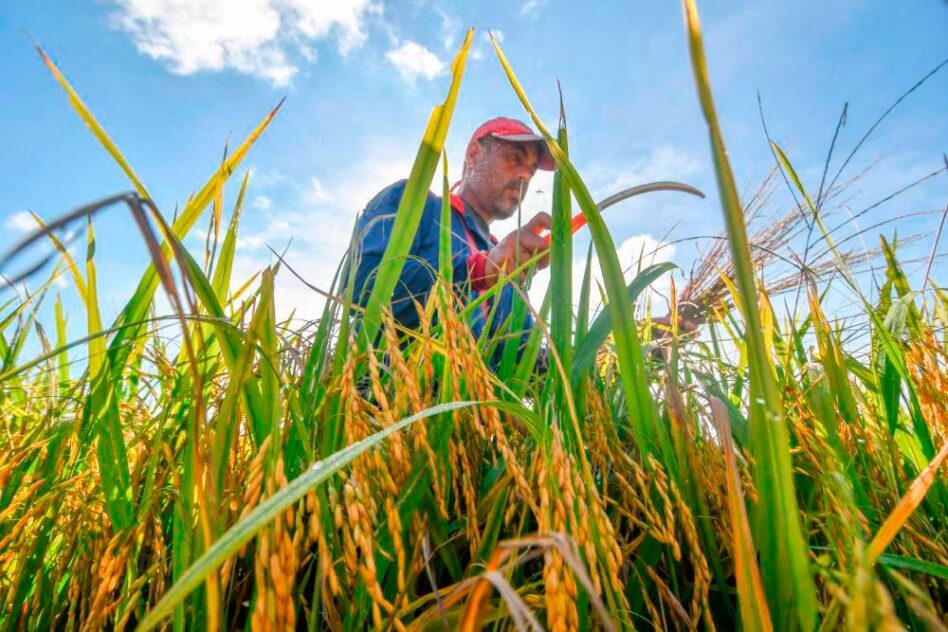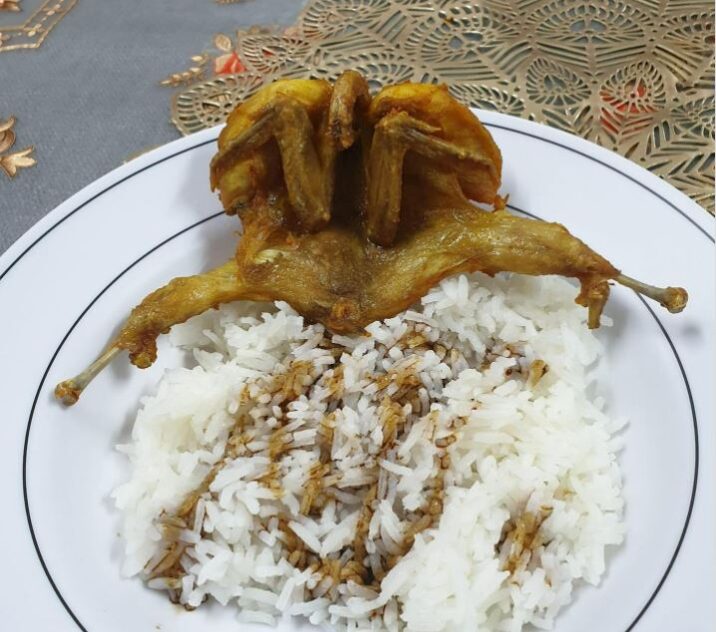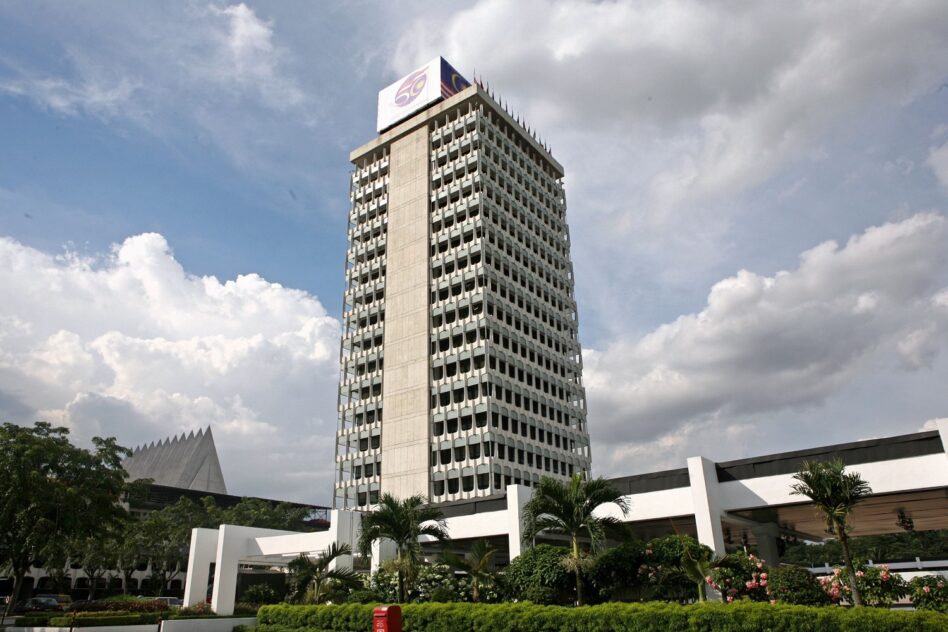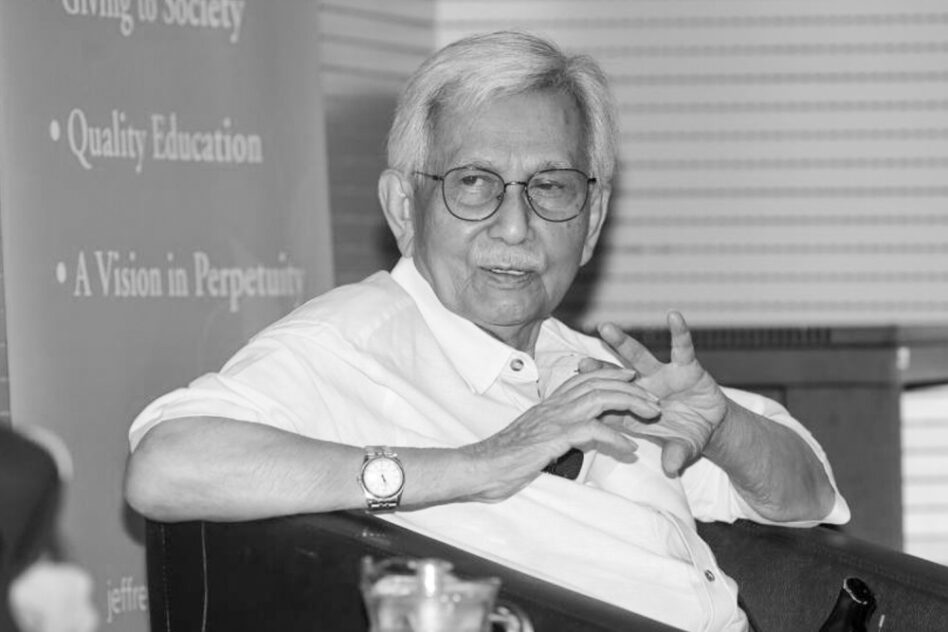ONE of the main hurdles when it comes to helping the poorer section of the Indian community is the lack of the latest data and statistics concerning their plight.
The government is also hamstrung by the lack of updated details and is not able to plan comprehensively to overcome the poverty and other social problems concerning the poorer Indians.
Data such as those available from the Bantuan Sara Hidup (BSH) schemes is not comprehensive enough to uplift the poorer Indians.
In my view at least 40% of Indians are languishing in poverty and need assistance from the government and through community and self-help programmes to attain a reasonable standard of living in a prosperous Malaysia.
Recently, Deputy National Unity Minister K. Saraswathy stirred controversy when she said that there were various initiatives and programmes for the Indian community but whether they reached the target group was a big question.
As a matter of fact most in the target group are not even aware of the programmes, let alone benefit from them.
My suggestion is that an Indian Poverty Eradication Data (IPED) collection scheme, quite similar to the PADU system, be set up without political involvement by well-meaning Indian NGOs, philanthropists and community leaders in every state and parliamentary constituency in the west coast states that have a larger number of Indians.
A meeting of like-minded Indians can be set up soon to draw the lay-out of the programme.
The first priority of this programme should be to gather data about the poor Indians in the state and parliamentary constituencies.
To do this, volunteers and community-conscious individuals are needed to reach out and collect the relevant data, and this data should be analysed and a system worked out from these details to know about the needs of the community.
Newspapers and electronic media can also aid to publicise this initiative. Those who are adept at statistics and data analysis can streamline the process.
An online questionnaire, to be completed by the aid-seeking poor applicants detailing their personal and family details, could be used to get the data faster.

Through this method no poor Indian will be left out and their needs can be ascertained better, and this collective data should be presented by Indian leaders to Prime Minister Datuk Seri Anwar Ibrahim a couple of months before the 2025 Budget to seek at least RM1 bil for the assistance programme for poor Indians.
The aid can be disbursed in a BSH-type format whereby the poor will have to go the government office to collect the financial aid or be informed of the assistance schemes for which they have to apply.
I am sure the prime minister, who is now in a politically stronger position and has started initiating his reform programme – beginning with pensions – will help the Indian community when the statistical information is there to convince him about the necessity for a larger budgetary allocation for educational, business, housing and other socio-economic needs.
Presently, government allocations are nothing more than a shot in the dark, and this is the reason why schemes to aid Indians are not producing effective results.
Can anyone provide relevant data as to how many Indians are really poor, how many are stateless, what are their needs and shortcomings, their capability and competency to increase their income and the type of aid they want?
The poor remain poor and are on the look-out for hand-outs despite many years and decades having passed by.
Only accurate information can help the government to plan effectively to reach the target group to overcome Indian poverty.
Just by giving RM100 mil to the Malaysian Indian Transformation Unit (MITRA) or RM50 mil to Tamil schools is not going to solve the myriad problems facing Indians. The government might as well not give this miserly token sum if that is all it can allocate.
The problems and social ills facing the poor Indians are numerous – single parents, poor senior citizens, broken families, unemployment, persons with disabilities, problematical children, alcoholism, drug addiction, school dropouts, propensity to crime and many other negative values.
Indians can overcome these problems through self-help and government assistance. – Feb 16, 2024
V. Thomas is a Focus Malaysia viewer.
The views expressed are solely of the author and do not necessarily reflect those of Focus Malaysia.
Main pic credit: varnam.my


